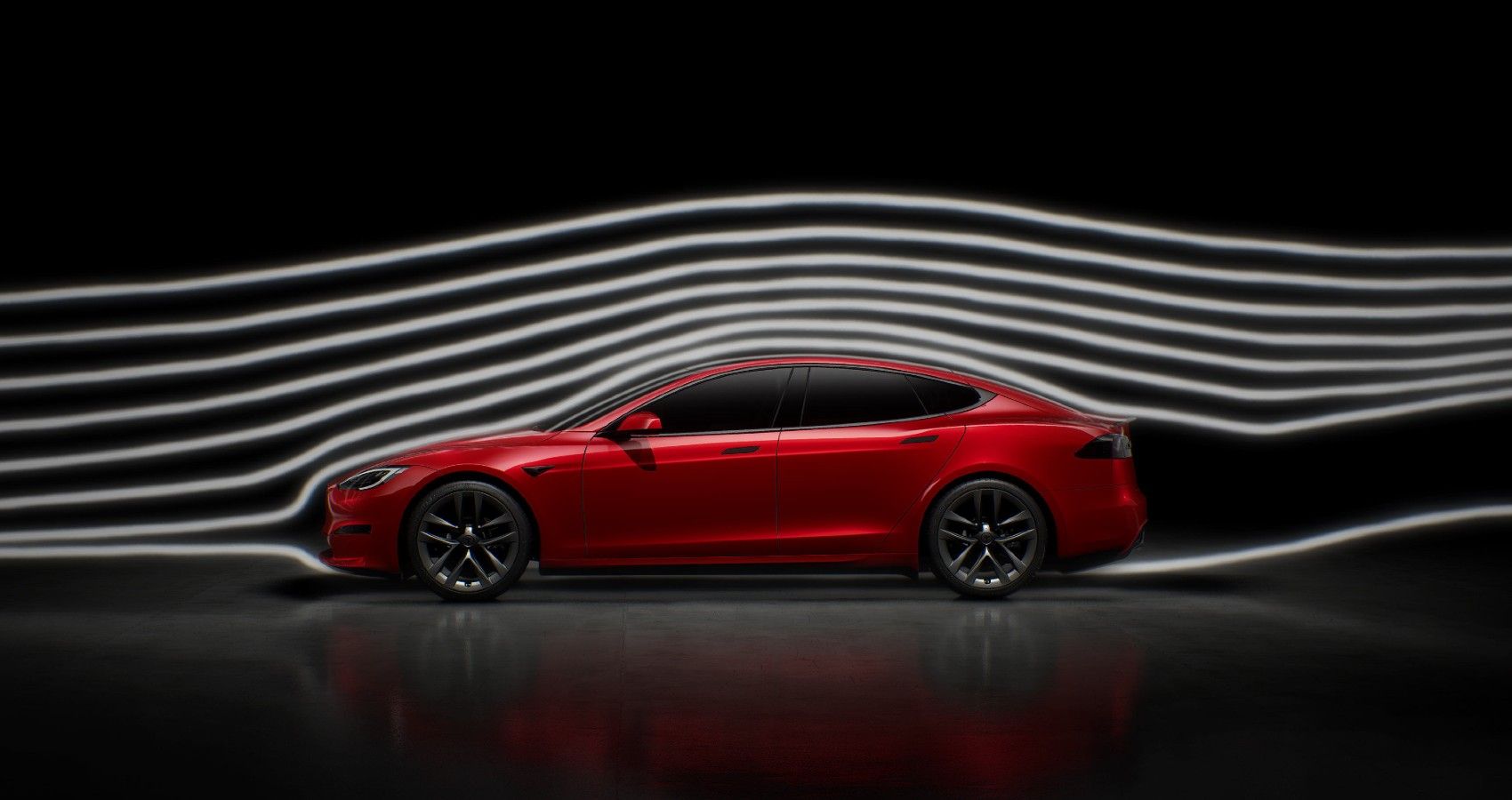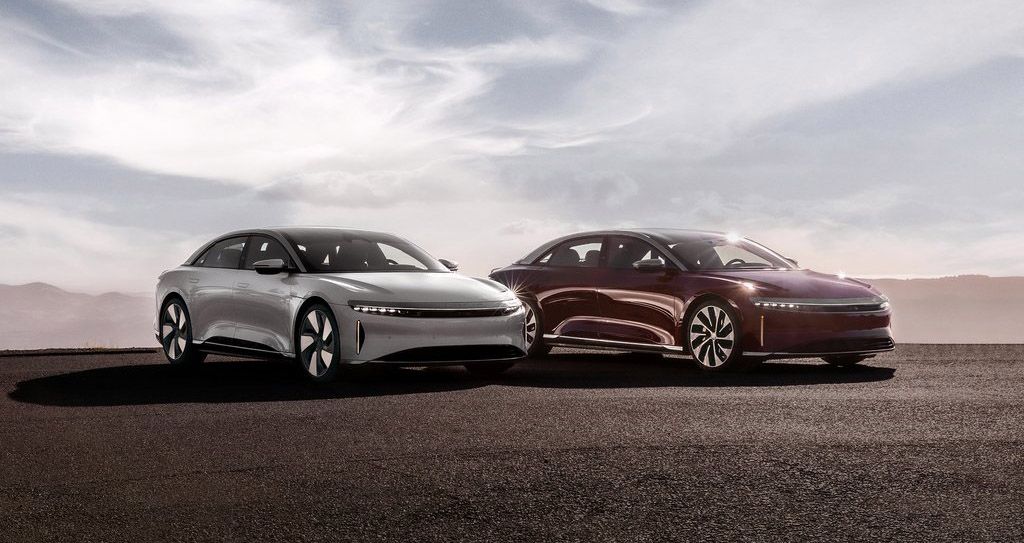There are companies like Apple, Huawei, Amazon, Alibaba, and Tesla that have changed the world thanks to their innovative approach to customer engagement, their focus on cutting-edge tech, and commitment to creating and selling the best products and services. These giants also share the ability to continually reinvent their core business. Tesla, for example, is designing far more than fancy electric vehicles and semi trucks. Elon Musk’s company also offers solar panels, rooftop solar tiles and various batteries. Furthermore, it designs humanoid robots and develops groundbreaking tech. And if that wasn’t enough, Tesla constantly rewrites the rules of engagement with customers.
While automakers sell their vehicles through third-party franchised dealerships, Tesla employs a direct to consumer retail model. This means that Tesla owns the showrooms where it features the cars, and it doesn’t depend on third-parties to understand the company’s values, strategy, or even direction. Naturally, this means that Tesla controls prices, while the showrooms only execute the plans, having no influence on the pricing. This model also ensures that Tesla has better oversight, so it can provide buyers with the best customer experience.
Having said that, this approach also helped Tesla in the development of the used car business, which according to Jimmy Douglas, director of sales and delivery operations at Tesla, is “as big as some publicly traded used car retailers.” So, if you are a Tesla fan or looking for a pre-owned Tesla car, here’s what you should know about the company’s used car business.
This Is Why The D2C Model Works For Tesla
As mentioned earlier, Tesla doesn’t require third-party sellers to retail its cars. The vertically integrated model has helped the automaker become a major player in the automotive industry.
“Most people don’t realize that Tesla runs its own vertically integrated, nationwide online used car retailer,” says Jimmy Douglas. “It’s as big as some publicly traded used car retailers you’ve definitely heard of, despite no Super Bowl commercials or wacky waving inflatable arm flailing tube men.”
While Tesla vehicles are very successful with customers, Electrek is right to point out that it is difficult to verify the information because Tesla fills the used car business under “service and other” in its revenues report; thus, there isn’t precise data on this business. Nevertheless, the revenue from this line of business has grown in the past years, increasing 50 percent over the last year to reach $1.4 billion in revenue last quarter.
Although we cannot confirm whether Tesla's supplementary business is as substantial as Jimmy Douglas claims, we can comprehend why this strategy works for Tesla and how it got to be this successful. During the pandemic, for example, when dealers took advantage of the auto industry's chip shortage and increase in demand, they hiked the prices and sold the cars above the sticker price. According to Edmunds, over 80 percent of car buyers in the United States paid more than the manufacturer's suggested retail price (MSRP) in January 2022. By contrast, in 2020, only 0.3 percent of car buyers paid more than the MSRP. The Motley Fool also points out that on average, American buyers who bought a car in January 2022 paid $728 more than the manufacturer's recommended retail price. Meanwhile, some popular car models had more consistent price hikes. Dealerships sold Hyundai cars $1,863 above MSRP and Honda sold vehicles for $1,523 above sticker price.
Evidently, the rise in prices was a source of reputation risk for automakers because consumers thought car manufacturers were driving up costs and profiting from an unfortunate situation. The problem escalated so much that Ford and GM had no choice but to intervene and warn dealers they might not get supplied with future models. Tesla doesn’t have to deal with price gougers and greedy dealers because of vertical integration. The model also assisted Elon Musk’s company in overcoming the supply chain obstacles that threatened the rest of the automotive industry.
Lucid Motors Is Following In Tesla’s Footsteps
Lucid Motors is another industry player who is following into Tesla’s footsteps and selecting the vertically integrated strategy. This year, the Californian company completed its eagerly awaited merger with the SPAC Churchill Capital Corp IV. And now, Lucid Motors has announced the first electric vehicle manufacturing facility in Saudi Arabia. Lucid forecasts that the new Saudi production facility will meet the growing demand for its electric vehicles by raising Lucid's worldwide manufacturing capacity to 500,000 EVs annually. According to a company’s press release, the Californian company reviewed multiple locations before selecting the King Abdullah Economic City (KAEC) in Saudi Arabia. Given the current supply chain issues, it’s safe to say that in the future, more car companies will choose to become more vertically integrated.

-1.jpg)

